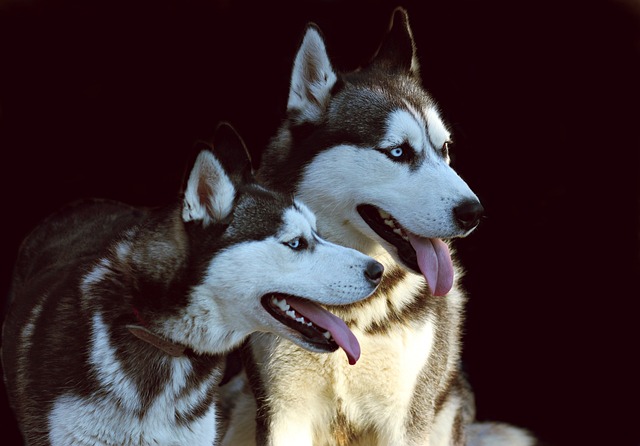
How to train a siberian husky puppy to potty?
Bringing home a Siberian Husky puppy means welcoming a bundle of energy—along with the task of potty training, which can feel tricky given their independent streak.
Imagine you’ve dropped your car keys on a busy sidewalk, and before you can even bend down, your well-trained Golden Retriever, Daisy, gently picks them up and hands them to you. This level of helpful retrieval is a fantastic goal, but it starts with understanding that the full behavior is actually a chain of smaller skills: chasing, picking up, holding, returning, and releasing. For many dogs, the desire to chase is innate, but the discipline to bring the item back and reliably give it up is what requires patient, positive training. The science behind this is operant conditioning, where we use high-value rewards to mark and reinforce each successful step in the sequence, building a strong positive association with the entire process.
Your training should begin indoors, in a quiet room with minimal distractions. Forget a ball or keys for now; start with a soft, easy-to-hold dummy or a favorite plush toy. The first critical skill is teaching a solid "drop it" or "give" command. Engage Daisy in a gentle game of tug, then present a smelly, high-value treat like dried liver right at her nose. The moment she releases the toy to get the treat, mark it with a "Yes!" and reward her. Once she’s proficient at releasing on cue, you can introduce the retrieve. Roll the toy just a few feet away. Encourage her to get it. The moment she turns back toward you, encourage her with a happy voice and reward her lavishly for coming to you, even if she doesn’t bring the toy all the way at first. This force-free, reward-based method is the modern standard for ethical training. It builds a willing partnership based on trust and avoids any conflict or frustration that can damage your bond, aligning with the strong cultural preference against aversive methods.
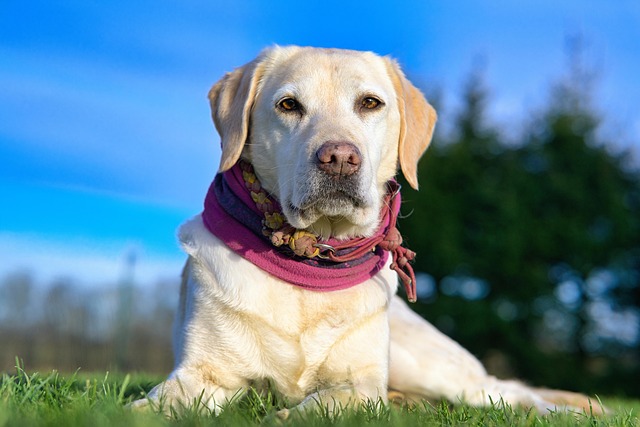
This training has wonderful practical benefits for daily life, especially in smaller living spaces. A dog that reliably retrieves specific items can enjoy stimulating indoor play, which is a lifesaver during bad weather or in apartments where space is limited. It provides a structured outlet for mental and physical energy, reducing the likelihood of boredom-induced barking or chewing that could disturb neighbors—a key aspect of considerate community living. Furthermore, a strong "drop it" command, honed through retrieval games, is a critical safety tool. It ensures you can quickly get your dog to relinquish anything dangerous she picks up on a walk, whether it’s discarded food or a hazardous object. This level of control is a direct extension of your other civic duties, like the legal requirement to keep your dog leashed in public and to meticulously clean up after her.
Ultimately, teaching a reliable retrieve is about more than just a clever trick; it’s about enhancing communication and safety. This commitment to positive, engaging training sits alongside other fundamental responsibilities of dog ownership, such as keeping her rabies vaccination up-to-date. By investing time in this rewarding process, you’re not just teaching a skill; you’re strengthening your bond and ensuring your dog is a well-behaved and integrated member of your family and community.

Bringing home a Siberian Husky puppy means welcoming a bundle of energy—along with the task of potty training, which can feel tricky given their independent streak.
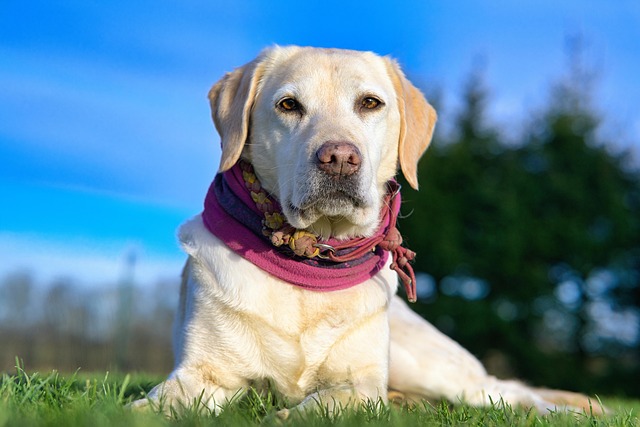
There are few feelings more gut-wrenching than watching your dog, Buddy, bolt after a squirrel in the local park, completely ignoring your frantic calls to come back.
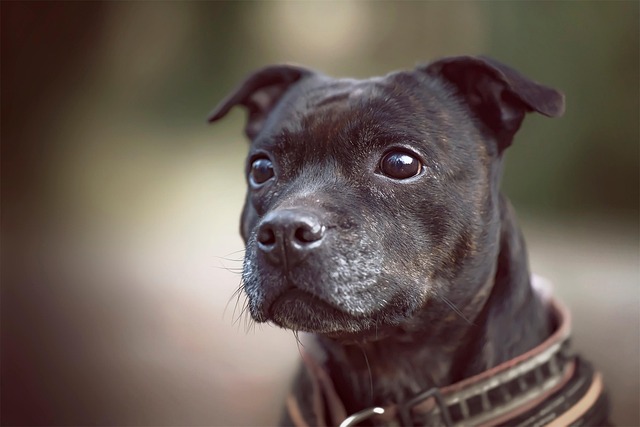
Some dog breeds test even the most patient owners with their independent streaks, making training feel like an uphill battle.
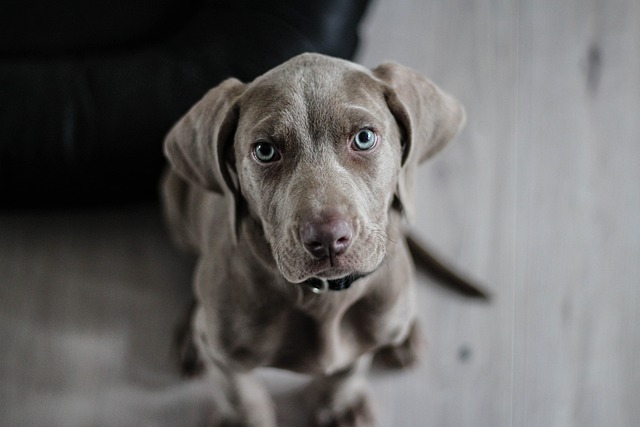
Yorkies are smart little dogs, but their tiny bladders mean potty training needs extra patience and a consistent routine. Start as soon as you bring your Yorkie home—usually around 12 to 16 weeks old, when they can hold it for short periods.
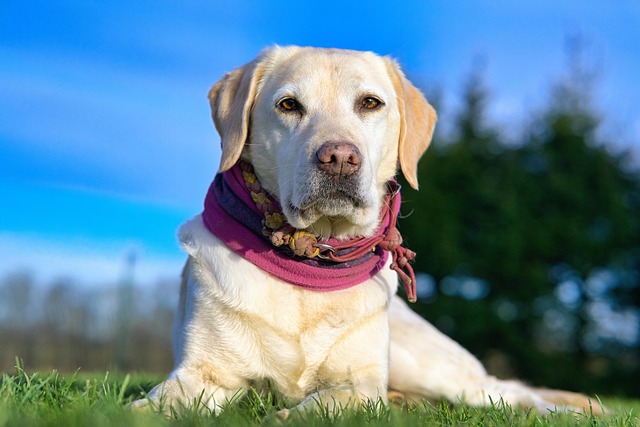
Imagine you’ve dropped your car keys on a busy sidewalk, and before you can even bend down, your well-trained Golden Retriever, Daisy, gently picks them up and hands them to you.
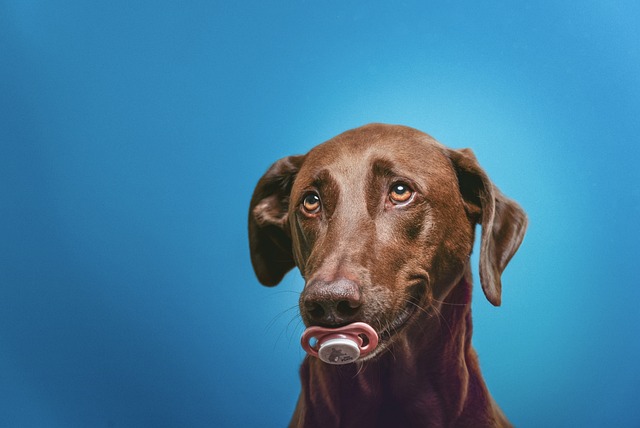
Most puppies start showing signs they’re ready for potty training between 12 and 16 weeks old—this is when their bladders and bowels develop enough to hold it for short periods.